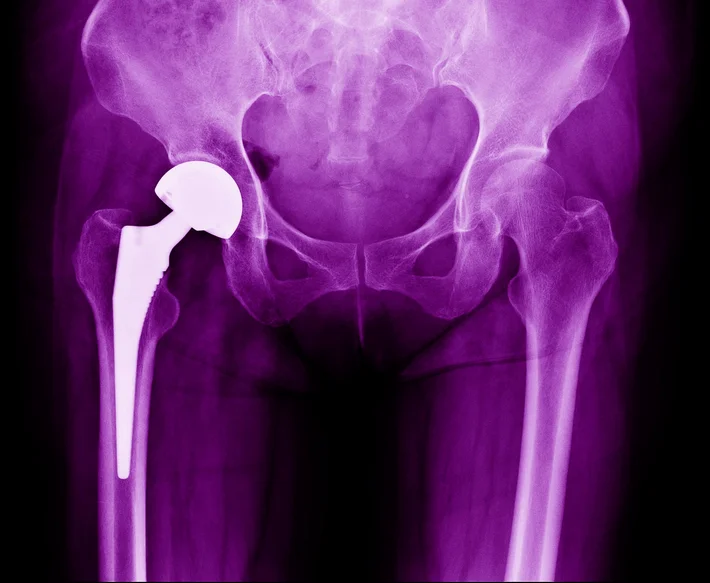
Meet with the best bursitis physical therapists in Chapel Hill, North Carolina
Chapel Hill, North Carolina, Luna’s physical therapists are experts in decreasing pain and increasing mobility in patients with every variety of bursitis. Our licensed PTs will work with you to create a course of treatment that targets and alleviates your bursitis, be it in the knee, shoulder, hip, heel, or elsewhere.
With Luna, patients can get bursitis treatment in the comfort of their homes. It’s physical therapy, delivered.

What is bursitis?
Bursae (pronounced bur-SEE) are small, fluid-filled sacs that cushion the bones, tendons, and muscles around the joints. Bursitis results when one or more of these bursa become inflamed, and is most likely to occur around joints that perform frequent, repetitive motion, though sudden injuries can also result in bursitis.
The condition most commonly occurs around the shoulder, elbows, and hips, but can occur by the knee or heel, or at the base of the big toe. Many patients find that their bursitis flares up and resolves on its own periodically, though physical therapy can help speed recovery time and ward off a recurrence.
Source: Mayo Clinic

What causes bursitis?
While bursitis most commonly results from injury or overuse, different types of bursitis have different causes. For example, knee bursitis is often caused by sports-related injuries or by repeated bending of the knee. Elbow bursitis can be caused by repeatedly resting the elbows on hard surfaces, or by an infection or blow to the elbow.
Hip bursitis is one of the most common forms, and it can be caused by lying on the hips for long periods of time, improper posture, arthritis, infection, or injury. Running, jumping, failing to warm up prior to strenuous exercise, and wearing shoes that are too tight in the back of the heel can all cause heel bursitis.
The most common causes of bursitis include:
- Overuse of the affected joint
- Injury to the affected joint
- Sports- or exercise-related injury
- Arthritis


















